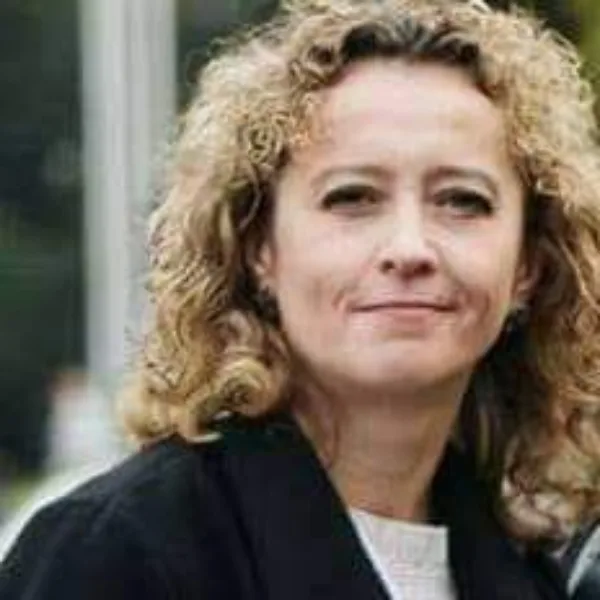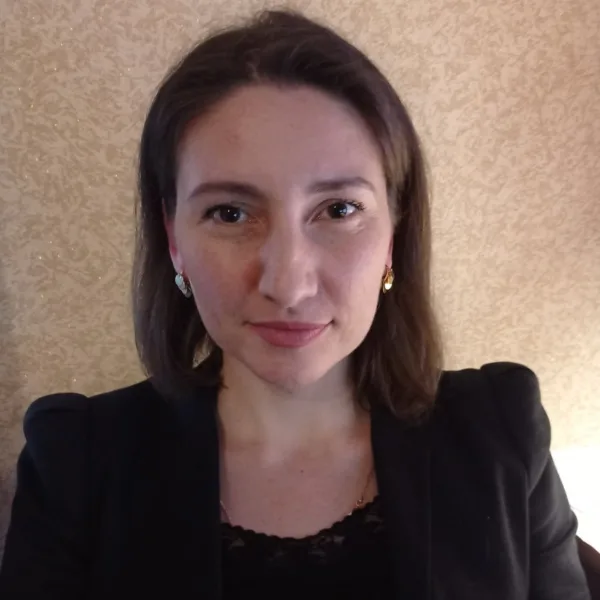The Ukrainian academic community for soil quality in Ukraine
The destructive impact of military actions in Ukraine on soil quality, starting from 2014 to the present, is complex and negatively affects the ecological stability of the region. The prolonged warfare leads to the physical destruction of the soil cover due to explosions from shells, mines, and other ammunition, which create craters, damage the surface, and alter the natural soil structure. This disrupts soil fertility, reduces its water retention capacity, and leads to active erosion processes. Additionally, soil contamination with toxic substances such as heavy metals (lead, cadmium, copper) and remnants of explosives poses a significant problem. These chemical compounds enter the soil due to explosions, fuel spills, and the destruction of infrastructure, causing soil degradation and the accumulation of harmful substances in the food chain.
All these factors have a negative impact on environmental safety, agriculture, and public health, making the issue of soil degradation critical for the recovery and sustainable development of the affected regions.
Questions?
nataliia.kapinos@snau.edu.ua
Who can join?
Specific conditions to apply
Preference will be given to Ukrainian citizens with an educational background in agronomy, ecology, and land management.
13 - 14 NOV 2024
Register by 08 NOVOnline
from UkraineAccess and Availability
Challenge and goals
The goal of the project is to develop recommendations for soil remediation that can be used by landowners and land users whose land plots have been affected by military actions.
Participants are required to propose a project focused on developing recommendations for the remediation of soils damaged as a result of hostilities, which can later be used by landowners and land users in the process of land restoration and returning it to agricultural production.
Participants must compile a list of institutions and organisations that should be involved in the soil restoration process, specifying the tasks they will carry out. It is mandatory to provide justification for their choices.
The task aims to identify cost-effective solutions for soil remediation works and to suggest measures that would require minimal financial expenditures.
The final result of the project should be a multimedia presentation with a detailed description of the actions to be taken by landowners and land users for the remediation of soils affected by military activities.
Expectations and requirements for the solutions and participants
Any proposed project must consider the current situation in Ukraine and include a list of measures to address the issue of soil restoration after the end of military operations. Considering the risks of researching areas contaminated with explosive objects is essential.
The project should include recommendations for soil remediation activities. Preference will be given to projects incorporating preliminary area analysis based on remote sensing data. All available resources may be used to collect data on the affected areas.
The Challenge is part of the Erasmus+ Baltics4UA project. This Challenge continues work developed in the NASA Space Apps Challenge 2023 in which Web2Learn formed its Space4UA team (description of our Challenge here).
Available Support
Introductory Lecture.
List of Useful Resources and Sources.
Mentor.
Project Overview.
Q&A Session with the Mentor.







